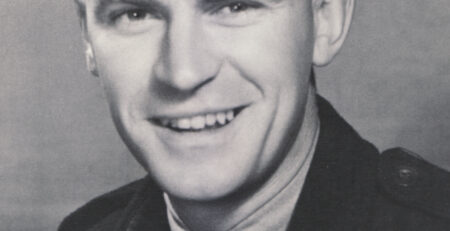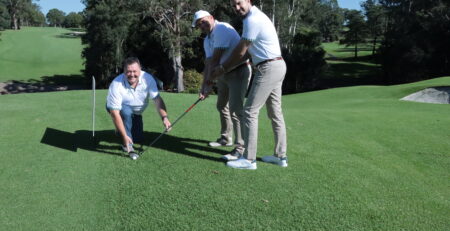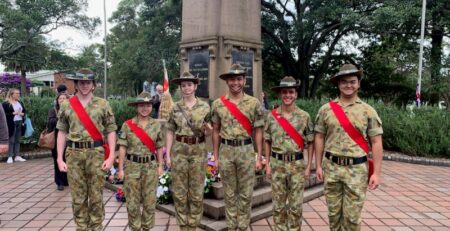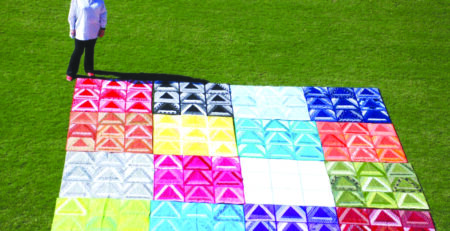Chaplaincy | The freedom to make room
One of the most watched TED talks of all time is ‘Your body language may shape who you are’, given by social psychologist Amy Cuddy.
In it, Cuddy says that it’s instinctual for animals and humans alike to express power and dominance by making themselves bigger – opening up, stretching out, expanding, and taking up as much space as possible. She cites studies showing that when people win in a physical competition, they naturally raise their chins and lift their arms up in a V. Even blind people do this; it doesn’t matter if they’ve never seen anyone do it before.
When we want to express power and dominance, we make ourselves as big as possible.
The Christmas story is about how God made himself as small as possible.
It’s the story of how God, the creator and sustainer of the universe in all His glory, chose to limit Himself and be born as a human baby.
Not just any baby either, but the baby of a teenage mum who wasn’t married when she conceived.
A baby born into a carpenter’s family, not a rich, powerful, or influential one.
A baby born amongst the moos and bleats and horse faeces of a stable and placed in an animal feeding trough, because “there was no guest room available” (Luke 2:7), not even for a newborn.
At Christmas time, we remember that God left the comfort and splendour of His heavenly home, descending not only to helpless human babyhood, but also to the frailty of life as a poor, persecuted, even homeless person, all with the intention of showing us love.
We remember this, because in the Christian faith, the baby in the manger represents the beginning of a journey, one which would culminate in a horrific and humiliating death on a cross, but one in which we are rescued from darkness – both the darkness of the world around us, and the darkness deep within us.
And that makes the Christmas story good news.
It’s good news that God made Himself small like this, because it means that we don’t have to spend our lives trying to make ourselves big.
It means you don’t need to be dominant for your life to mean something.
It means you don’t need to be a winner in order to matter.
The reality is, when you make yourself as big as possible, when you spread out and open up and take up more space, you actually take away space from others.
All too often, making yourself bigger forces others to become smaller. But when you look at what God did in Jesus, He made himself smaller, so there’d be room for us. He did this, even when we failed to make room for him – “no guest room available”.
And, the more you dwell on this, the more you’ll come to realise that in the end, it doesn’t matter whether you’re a winner or a loser. Your size and stature in the world doesn’t matter when you are loved by your creator.
And, the more you dwell on this, the more it frees you to make room for others in life. You can make room for that person who’s struggling. You can make room for that person who’s on the margins. You can make room for that person who for whatever reason, nobody seems to care about or notice, the person for whom there never seems to be any guest room available.
And of course, you can make room for Jesus Himself – for His work in the world, for His work in your life.
Who will you make room for today?
Blessings,
Nathan Lee | Assistant Chaplain















